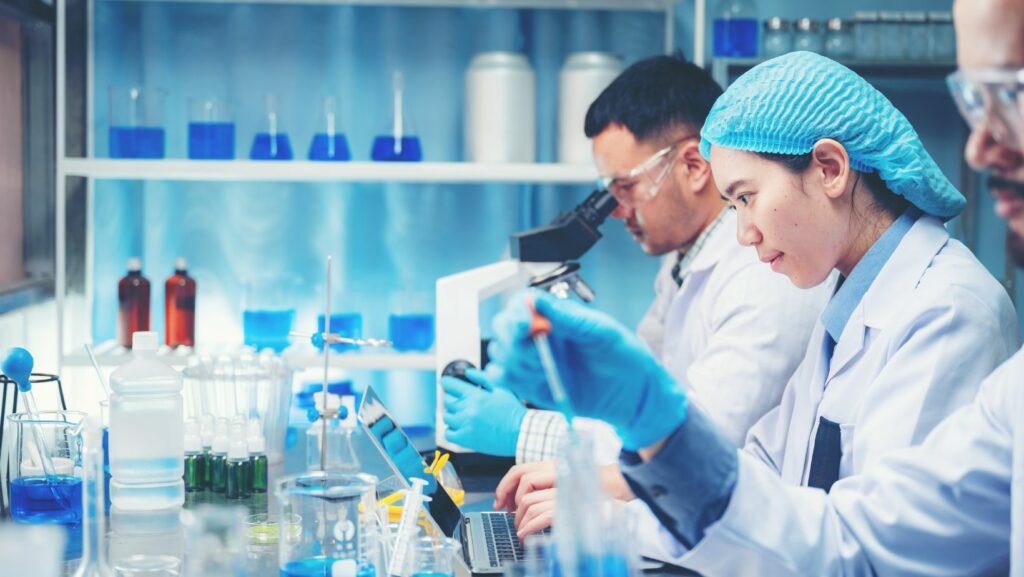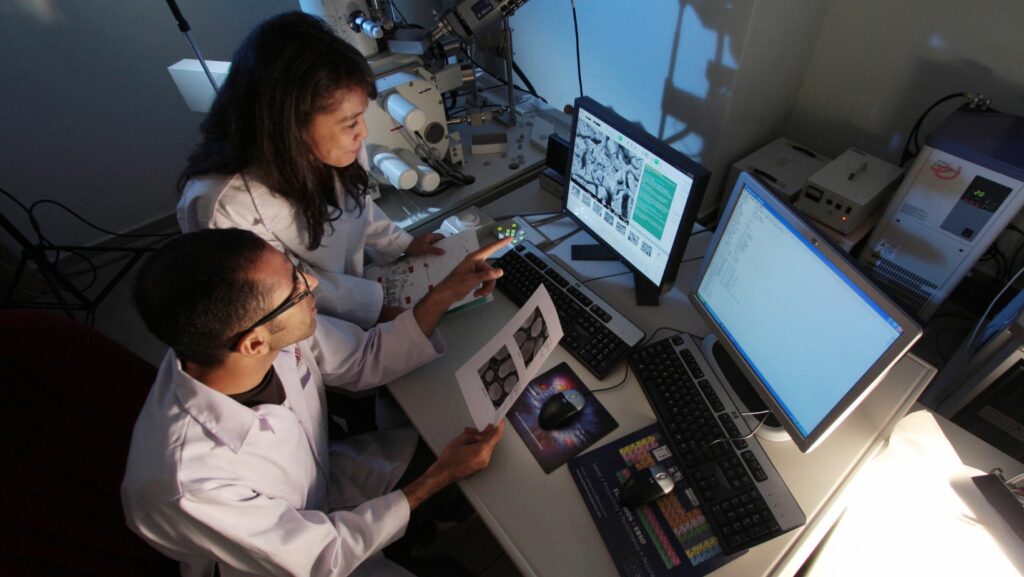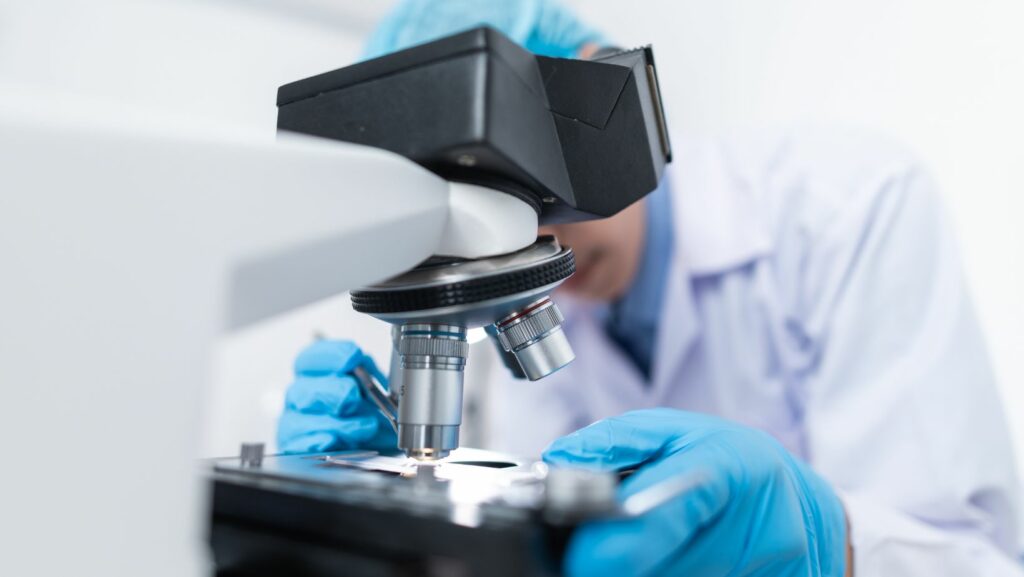Key Takeaways
- Definition of Industrial Agriculture: A modern farming approach emphasizing high efficiency, large-scale production, and advanced technology, aimed at meeting global food demands while posing significant environmental challenges.
- Environmental Concerns: Includes severe issues like soil degradation, excessive water use, and pollution from synthetic fertilizers and pesticides, threatening ecosystem health and biodiversity.
- Sustainable Practices Comparison: Sustainable agriculture focuses on ecological balance using methods like crop rotation, organic inputs, and water conservation, contrasting with the high-input, monoculture practices of industrial agriculture.
- Technological Innovations: Advancements such as precision agriculture, biotechnology, and automated farming are reshaping industrial agriculture, aiming to reduce its ecological footprint while maintaining productivity.
- Policy Implications: Effective policies promoting sustainable practices and addressing environmental issues are crucial for balancing food security with ecological health in the agricultural sector.
- Future Outlook: The integration of innovative technologies and support for sustainable practices will determinar future strategies for sustainable food production in industrial agriculture.
Industrial agriculture plays a pivotal role in today’s food production system, transforming how crops and livestock are raised. This approach emphasizes high-yield farming practices, advanced technology, and large-scale operations, aiming to meet the growing demands of a global population. However, it also raises significant environmental concerns that can’t be ignored.
As the world grapples with issues like climate change, biodiversity loss, and soil degradation, understanding the implications of industrial agriculture becomes crucial. This article delves into the definition of industrial agriculture within the context of environmental science, exploring its benefits and challenges. By examining these factors, readers can gain a clearer perspective on how industrial agriculture shapes both our food systems and the planet’s health.
Industrial Agriculture Definition Environmental Science
 Industrial agriculture refers to a modern farming approach that emphasizes large-scale production, high efficiency, and the use of advanced technology. This system aims to maximize yields while minimizing costs, often resulting in significant environmental impacts.
Industrial agriculture refers to a modern farming approach that emphasizes large-scale production, high efficiency, and the use of advanced technology. This system aims to maximize yields while minimizing costs, often resulting in significant environmental impacts.
- High Yields: Emphasizes the production of large quantities of crops or livestock to meet global food demands.
- Technology Integration: Incorporates advanced machinery, genetically modified organisms (GMOs), and precision agriculture tools to enhance productivity.
- Monoculture Practices: Focuses on growing single crop species over extensive areas, simplifying management but reducing biodiversity.
- Chemical Inputs: Relies heavily on synthetic fertilizers, herbicides, and pesticides, which can lead to soil degradation and pollution.
- Large-Scale Operations: Operates on vast tracts of land, enabling economies of scale but often requiring significant capital investments.
Historical Context
Industrial agriculture emerged in the 20th century, driven by the need to increase food production amid population growth. The Green Revolution of the 1960s marked a significant turning point, introducing high-yield varieties and chemical fertilizers globally. This shift transformed agricultural practices, allowing countries to bolster food security but also raising environmental concerns. By focusing on efficiency, this model has led to significant societal changes, reshaping rural landscapes and labor markets.
Environmental Impact of Industrial Agriculture
 Industrial agriculture significantly influences the environment, posing various risks and challenges. Key areas affected include soil degradation and water use and pollution. Soil degradation remains a pressing concern in industrial agriculture. Continuous monoculture practices exhaust essential nutrients, reducing soil fertility over time. High tillage intensity disrupts soil structure, leading to erosion and compaction. Chemical fertilizers, while boosting yields, contribute to nutrient runoff, harming surrounding ecosystems. Studies indicate that approximately 24 billion tons of fertile soil are lost each year due to erosion, threatening long-term agricultural productivity.
Industrial agriculture significantly influences the environment, posing various risks and challenges. Key areas affected include soil degradation and water use and pollution. Soil degradation remains a pressing concern in industrial agriculture. Continuous monoculture practices exhaust essential nutrients, reducing soil fertility over time. High tillage intensity disrupts soil structure, leading to erosion and compaction. Chemical fertilizers, while boosting yields, contribute to nutrient runoff, harming surrounding ecosystems. Studies indicate that approximately 24 billion tons of fertile soil are lost each year due to erosion, threatening long-term agricultural productivity.
Water Use and Pollution
Water use and pollution are critical environmental issues linked to industrial agriculture. Intensive irrigation methods extract vast amounts of freshwater, often depleting local water sources. Crop production accounts for about 70% of global freshwater use. Fertilizer runoff contaminates waterways with nitrates and phosphates, resulting in harmful algal blooms that deplete oxygen and harm aquatic life. These pollution events can cause significant disruptions to local ecosystems and human health.
Industrial Agriculture vs. Sustainable Practices
Industrial agriculture prioritizes efficiency and high production, while sustainable practices focus on ecological balance and long-term viability. Both have distinct methods and impacts on the environment.
Comparison of Methods
- Production Scale: Industrial agriculture operates on a large scale, utilizing extensive land and advanced technology. Sustainable practices emphasize small to medium-scale operations, leveraging local resources and community involvement.
- Crop Diversity: Industrial agriculture often adopts monoculture, increasing susceptibility to pests and diseases. Sustainable practices utilize crop rotation and polyculture to enhance biodiversity and soil health.
- Resource Inputs: Industrial agriculture heavily relies on synthetic fertilizers and pesticides, leading to environmental contamination. Sustainable practices focus on organic inputs, natural pest control, and composting.
- Water Management: Industrial agriculture employs intensive irrigation that strains freshwater resources. Sustainable practices promote rainwater harvesting and drip irrigation techniques to conserve water.
- Soil Health: Industrial practices can degrade soil quality through nutrient depletion and erosion. Sustainable methods enhance soil health through organic matter addition and reduced tillage.
- The Rodale Institute: This research facility in Pennsylvania demonstrates sustainable practices’ effectiveness through its long-term farming trials. Results indicate improved soil health and increased biodiversity compared to conventional methods.
- Janzen’s Fallow System in Canada: This system integrates cover crops and reduced tillage, demonstrating significant soil restoration and carbon sequestration potential. It showcases a practical application of sustainable approaches in industrially influenced regions.
- Sustainable Agriculture Network (SAN): This collective of farmers implements sustainable practices across diverse crops globally, achieving higher ecological integrity and profitability. Case studies from SAN illustrate successful transitions from industrial methods to sustainable frameworks.
- Farm to School Programs: Initiatives in various regions connect local farmers with schools, emphasizing sustainable practices that educate students while providing fresh, local produce. These programs serve as a model for integrating sustainability into food systems.
Future of Industrial Agriculture in Environmental Science
The future of industrial agriculture hinges on integrating innovative technologies and policies that address environmental concerns while ensuring food security.
Innovations and Technologies
Advancements in biotechnology, automation, and data analytics are reshaping industrial agriculture. Drones and satellite technology provide real-time monitoring of crop health and soil conditions. Precision agriculture tools optimize resource use, reducing waste and enhancing yields. Genetically modified organisms (GMOs) enable crops to resist pests and tolerate environmental stressors. Sustainable practices like vertical farming and aquaponics emerge as space-efficient methods to produce food. These innovations aim to minimize the ecological footprint of agriculture while maintaining productivity.
Policy Implications
Policies aimed at promoting sustainable practices are essential for the future of industrial agriculture. Regulatory frameworks can encourage the adoption of environmentally friendly technologies and methods, balancing economic growth with ecological health. Incentives for farmers practicing sustainable agriculture can increase participation. Implementing policies that address climate change and biodiversity loss is crucial for preserving the planet’s ecosystems. Collaboration between government agencies, agricultural organizations, and research institutions fosters the development of effective strategies for sustainable food production.
Industrial agriculture plays a crucial role in feeding the world’s growing population but comes with significant environmental challenges. The reliance on monoculture and chemical inputs has led to soil degradation and water pollution, raising concerns about long-term sustainability.
As the industry evolves, integrating innovative technologies and sustainable practices becomes essential. Balancing high yields with ecological health is vital for future food security.
The path forward requires collaboration among stakeholders to develop effective strategies that prioritize both productivity and environmental stewardship. Through these efforts, a more sustainable agricultural system can emerge, ensuring a healthier planet for future generations.



